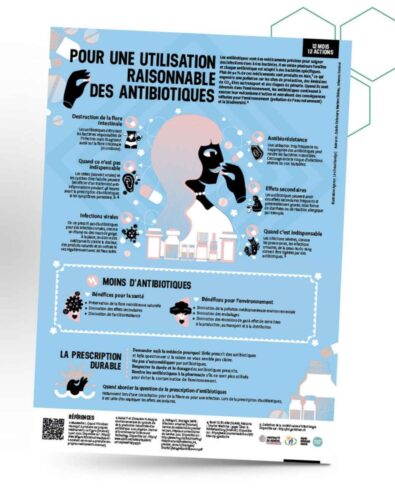
Nutritional Diseases Climate Change
Plant-Based Hunger Relief Recommendations (PHRESH)
Plant-Based Hunger Relief & EcoSolutions Hub is a directory of intentionally plant‑based hunger relief organizations and programs.
• Tools
Explore Planetary Health
Browse or search our curated collection of research articles, tools, videos, and other Planetary Health resources. Featuring approximately 2,000 research articles and additional tools spanning a variety of thematic areas, our library has information on Planetary Health for every audience — whether you’re exploring the field for the first time, an educator hoping to engage Planetary Health in your classroom, a seasoned scientific researcher, or someone looking to making a difference in your community and in the world. New resources are added every month.
Contact us to suggest items to add to our library and sign up for our newsletter to receive updates on the latest additions.
All Resources
Nutritional Diseases Climate Change
Plant-Based Hunger Relief & EcoSolutions Hub is a directory of intentionally plant‑based hunger relief organizations and programs.
• Tools
Health and Care Systems Education
This campaign proposes 12 actions, one for each month of the year, that equip family physicians to act as ambassadors for Planetary Health.
• Guides & Frameworks, Tools
Nutritional Diseases Land Use and Land Cover Change
• Tools
Life Stage and Reproductive Health Disaster Preparedness and Adaptation
The scorecard reveals a haphazard approach to the inclusion of sexual and reproductive health within U.S. state checklists. It highlights clear opportunities for improving access to healthcare, strengthening community resilience, and ensuring that needs aren’t overlooked during disasters.
• Tools
Economics and Economic Systems Governance and Policy
En‑ROADS is a global climate simulator that allows users to explore the impacts that dozens of policies—such as electrifying transport, pricing carbon, and improving agricultural practices—have on temperature, air quality, sea level rise, air pollution, biodiversity loss, and taxes.
• Tools





